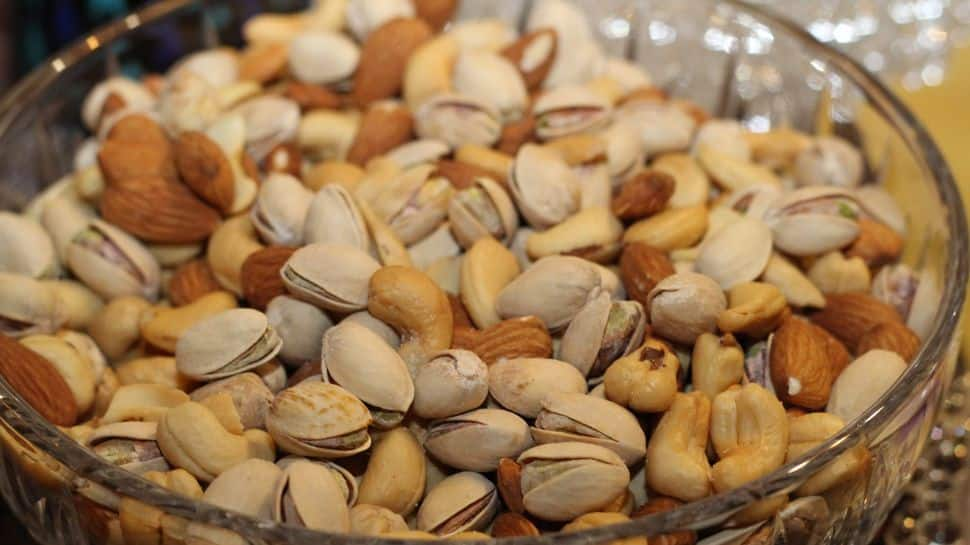Incorporating a variety of dry fruits into your daily nutrition can contribute significantly to meeting your dietary needs and promoting overall well-being. However, it’s important to be mindful of portion sizes, as the natural sugars in dry fruits can contribute to calorie intake. As with any dietary changes, consulting with a healthcare professional or nutritionist is recommended to ensure that dry fruits align with individual health goals and requirements.
Rich Source of Nutrients: Dry fruits are a concentrated source of essential nutrients such as vitamins, minerals, and antioxidants. They provide a convenient way to boost your daily intake of these vital elements, contributing to overall health.
Energy Boost: Packed with natural sugars, dry fruits offer a quick and sustained energy boost. This makes them an excellent snack option for those looking to maintain energy levels throughout the day, especially during busy schedules.
Fiber Content: Dry fruits are a good source of dietary fiber, promoting healthy digestion. Fiber aids in preventing constipation and maintaining bowel regularity. Including a variety of dry fruits in your diet can contribute to achieving your daily fiber requirements.
Also read: Enhanced Circulation To Stress Reduction: 5 Health Benefits Of Walking Barefoot
Heart Health: Many dry fruits, such as almonds and walnuts, are known for their heart-healthy benefits. They contain monounsaturated and polyunsaturated fats, which help in reducing bad cholesterol levels and supporting cardiovascular health.
Weight Management: Despite their natural sweetness, dry fruits can be beneficial for weight management when consumed in moderation. The fiber content helps in creating a feeling of fullness, reducing the likelihood of overeating and supporting weight control.
Antioxidant Protection: Dry fruits, including raisins and prunes, are rich in antioxidants. These compounds help in neutralizing harmful free radicals in the body, providing protection against oxidative stress and reducing the risk of chronic diseases.
Nutrient-Dense Snacking: Dry fruits offer a convenient and portable snack option that requires no preparation. This makes them a practical choice for those with busy lifestyles. Grabbing a handful of mixed dry fruits provides a nutrient-dense snack that satisfies hunger and delivers essential vitamins and minerals.


